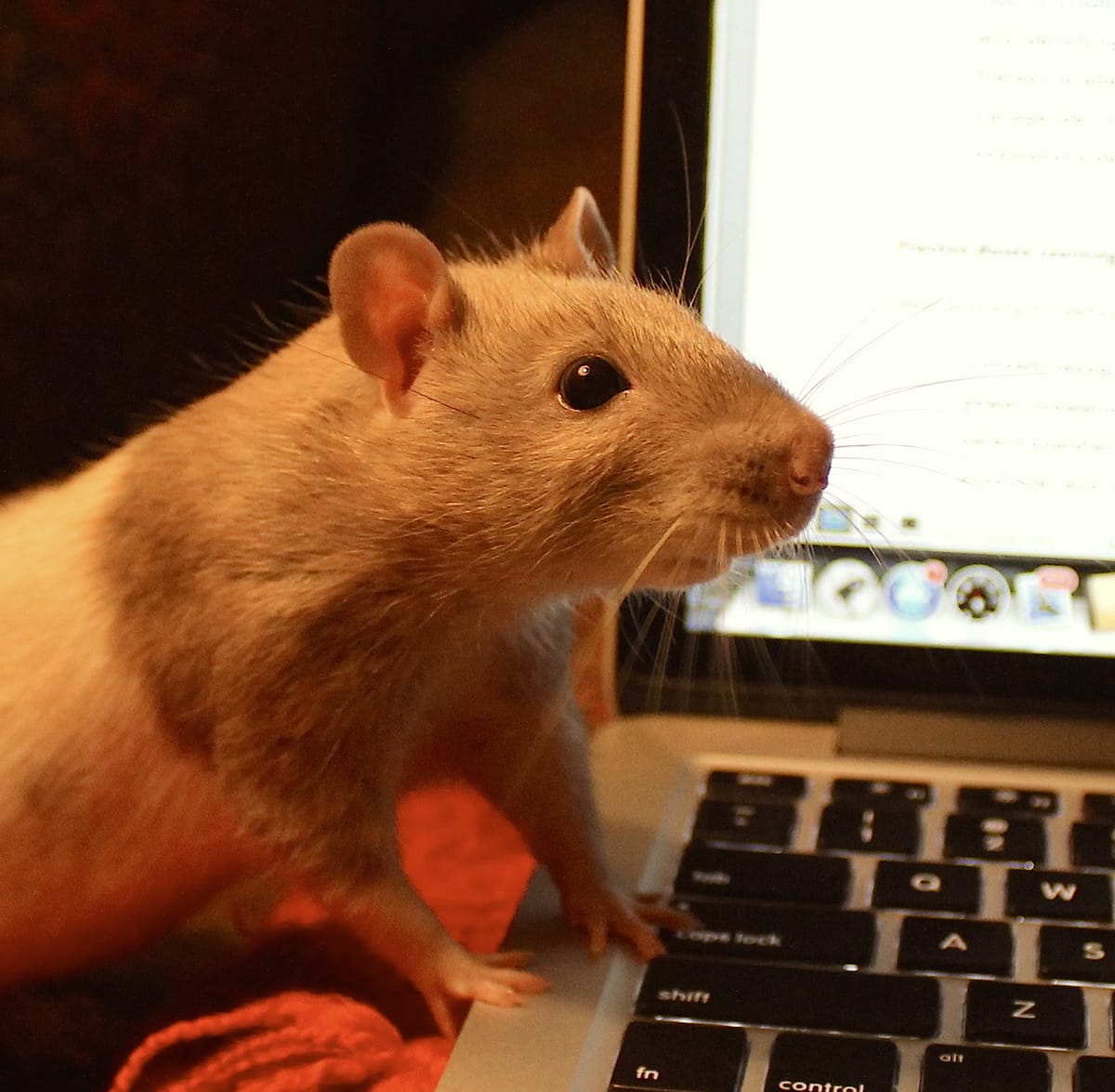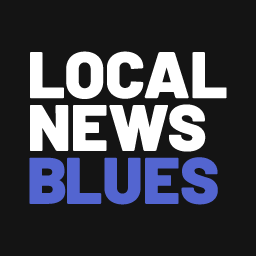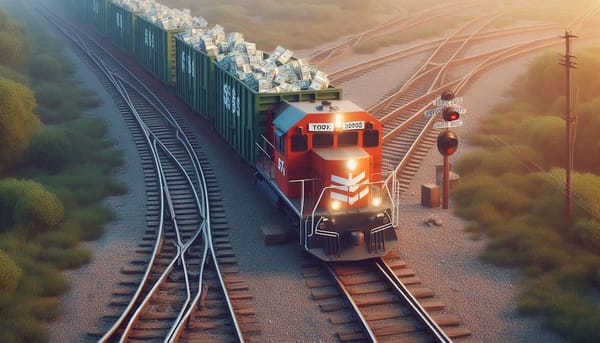What if you produced less news?
Lab rats have something to tell us about our news production rates.

By Alice Dreger
You people make me tired.
Don’t get me wrong: I look at your local news operations’ pages and I’m wowed by what you’re bringing. But I’m also sympathetically exhausted by the level of production at some of your shops.
So, I’m here today, with an assist from our friends in the genus Rattus, to suggest you could be producing less news while making your readers just as happy – maybe even happier.
Let’s start with why you might think you need to produce like crazy.
News reporting is your chief product, so it’s natural to think that the more news you produce, the more people will join your audience and the more likely they will be to send you money.
You might also be considering that the algorithms of search engines like Google reward pages that produce lots of new content. Publishing lots of new material will make the engines more likely to point people to your page. So, you might think you need to publish at a high rate because of SEO.
But local news isn’t like the big national scene. Most of the time, except for perhaps the first time they discover you, people probably aren’t finding your new content through search engines. They’re finding it by already being attracted to your website or paper edition, through your newsletter and social media posts, and through local word of mouth.
Strange as it may sound at first blush, I would wager odds are low that you’ll seriously damage your visibility by publishing at a calmer rate.
In many of our markets, our news operations are singular (or one of very few). Consequently, even if it’s the case that some people are finding your work by googling, odds are pretty good that if they’re searching for news on a particular local story – corruption in your county, a big redevelopment proposal, a public safety issue – and you're covering it, they are going to discover you.
Why else might you think you have to produce so much?
Successful news publishers are responsive to their readers, and so you may hear your readers’ voices in your head (or on your email) telling you to publish on everything local all the time.
But there’s a difference between listening to your readers and falling into "audience capture" – the phenomenon whereby your audience essentially takes over your editorial judgment because you are so desperately trying to get their attention, their “likes,” and their money.
Why do less?
Well, the most obvious reason to produce less is to sustain your energy. You know that keeping everything moving at a frenetic pace burns you out and makes you bitter.
But another reason to consider doing less is that, when you publish less, odds are good that each piece you publish is going to be better. You’ll be giving each article more time for research, editing, fact-checking, getting a compelling lead photo, and workshopping the perfect headline – grabby without being click-bait. Publishing less, you may also find you’re able to pay your freelancers more per article.
And now let’s get to what the rats tell us about your human audience.
This week in the New York Times, in an article that contained lots of adorable photos, Emily Anthes reported that a photographer named Augustin Lignier trained two rats to take selfies. He set up a camera pointed at a lucite cage. Inside the cage was a button that would cause the camera to shoot:
“Whenever the rats pressed the button inside the box, they got a small dose of sugar and the camera snapped their photo. The resulting images were immediately displayed on a screen, where the rats could see them.”
Lignier confessed that “honestly I don’t think they understood it” – that is, he doubts the rodents understood that they were taking selfies. Having watched my own pet rats try to battle their mirror images, I’m sure these rats didn’t grasp the selfie concept. What they understood was the sugar.
The sugar is the important thing for you to understand, too, specifically this insight from many studies of mammals, including humans: When mammals are trained to push a button for a reward, they keep pushing the button even when the reward doesn’t reliably come. Lignier's rats did just that.
In fact, we mammals tend to become more obsessed with pushing the button when the reward becomes intermittent.
You see where this is going. You may think you’re rewarding your readers with every publication. But the truth is, if you’ve already made them realize you've got something they want, they’re going to be looking to you for that sugar hit even if a new sugar hit (a brand new article) doesn’t appear every time they open their email or look at your page.
And think about it: You’re much more likely to hook readers into subscriptions if, the first or second time they come to your site, they are awed by what you’re bringing. If your page is full of lots of hastily-produced content that is not terribly important, what are the odds they’re going to see the real value when they first arrive?
Which kind of newsletter do you sign up for – the kind that sends you lots of stuff you don't really care about, or the kind where you definitely want to know what's new?
Remember that many of our readers – particularly the ones with money to support us – are busy people. If they can rely on us to figure out what it is they really need to know, and we present that news in a highly polished fashion, they’re going to respect us as an important resource in their lives.
Let me give you two examples of publications that are highly focused and extremely well produced – where it’s clear that great care goes into every article. The first is the New Bedford Light in Massachusetts. That organization specifically focuses on watchdog and investigative news and local artists. It doesn’t try to cover everything else. The second is MLK50 in Memphis, Tennessee, which reports on local inequities and injustices in a city that is 64% Black or African American. When you look at these two webpages, you see one "essential" local story after another.
Now, I know both of those organizations have benefitted from big grants you probably can’t get. And yes, those big grants explain part of their success.
But I think their big funders would be less interested if those operations were trying to cover everything. And your small funders (subscribers and donors) may view things the same way. A site that consistently brings must-read news conveys that the organization is high-quality and indispensable, focused and vital.
I’ll also share a personal anecdote: At the news organization I founded, East Lansing Info (ELi), every single time we told our readers we were having to pull back because of low resources, rather than leaving us because they saw us as losers, our readers stepped up to provide more funding. And as they did, they told us in surveys and other communications what they wanted us to do: forget the lighter stuff and hit the hard news that really mattered.
In 2022, ELi had to undertake a publishing pause of uncertain length because of the loss of two key staff members. As it dragged on for four months, I thought readers would stop all their subscriptions and turn away. Instead, they waited (anxiously) and, when asked by a special task force what they thought they could do to help, many wrote in offering specific types of assistance.
So, if you’re trying to bring news of local sports, ribbon-cuttings, book club gatherings, and everything else under your part of the sun, ask yourself if you really need to be doing that much. Take a look at the stats of what people are really reading and sharing and commenting on, survey your readers with a simple Google form, and focus on what really makes your work precious.
In the process, you may also learn to treat your time and talents as precious. (Remember you?)
Alice Dreger is a journalist, historian, and the publisher of Local News Blues. She founded East Lansing Info, a nonprofit digital investigative news service, and ran the operation for about ten years. Read more at the Local News Blues contributors page.





